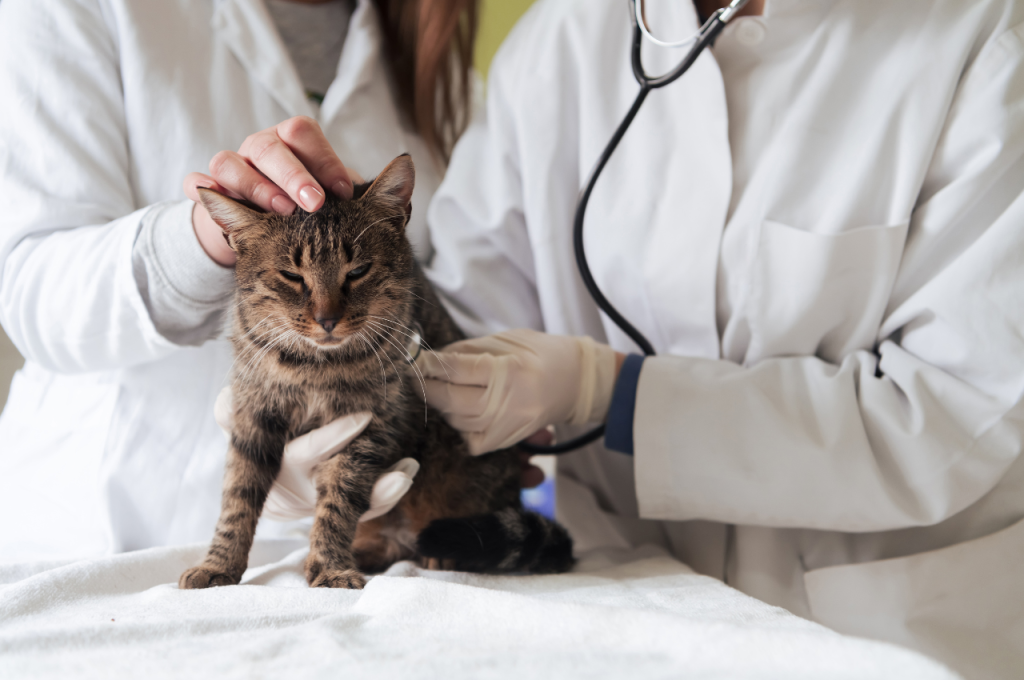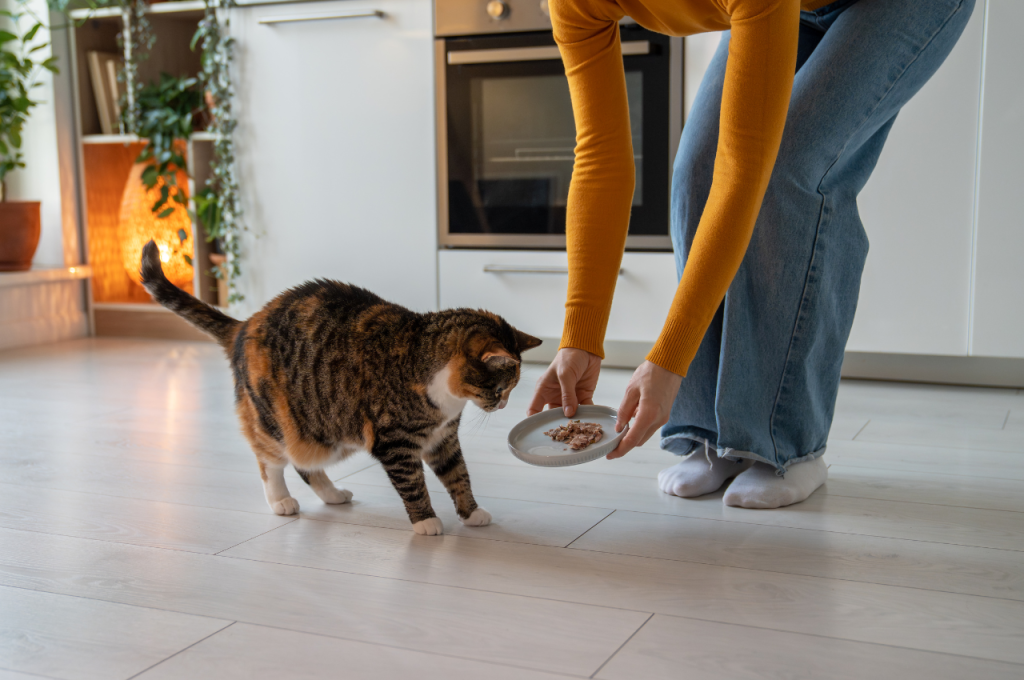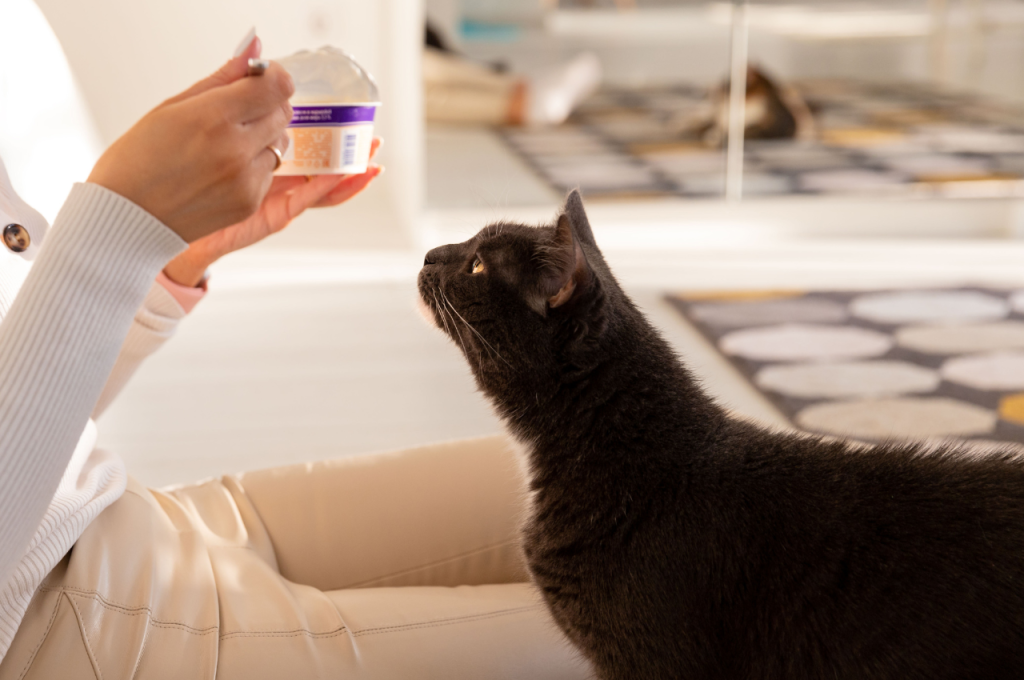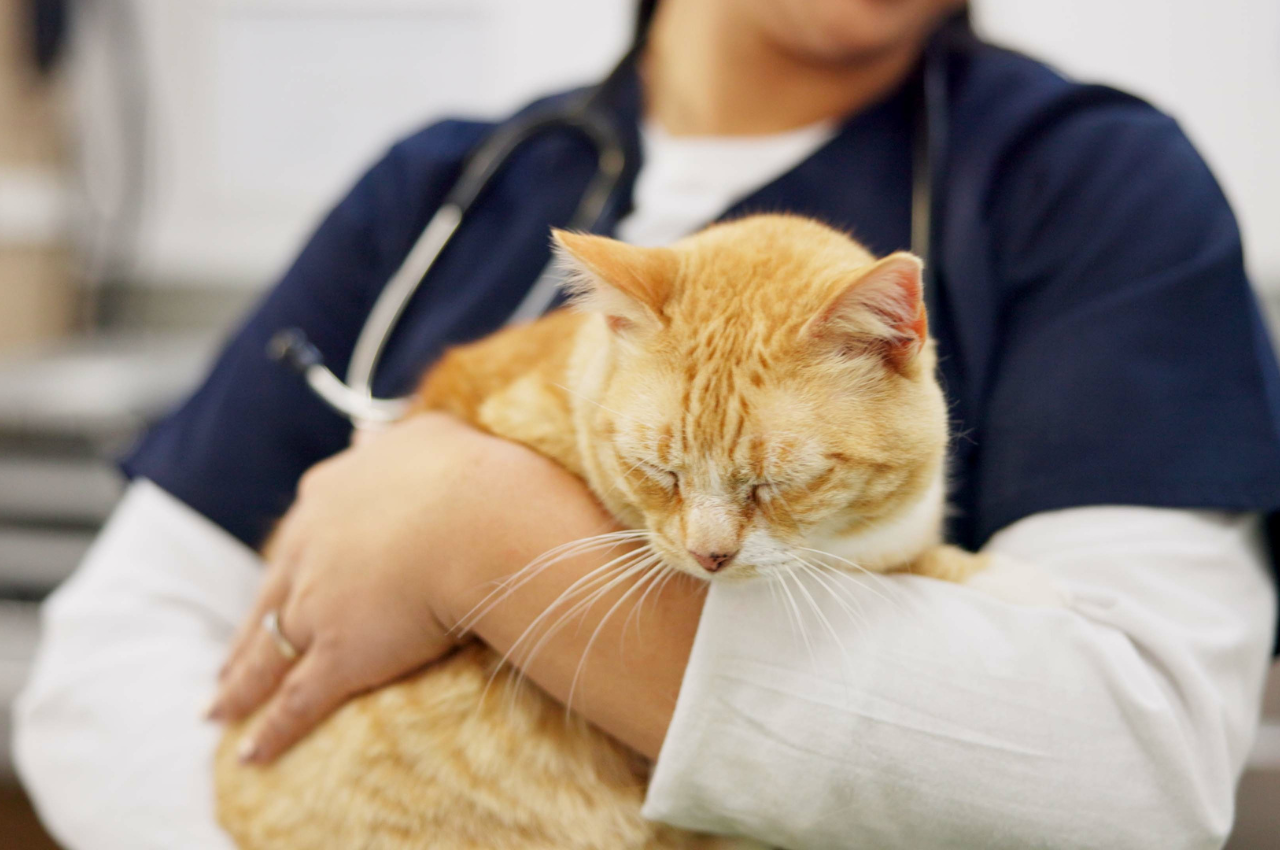Your cat should receive regular preventative care, including vaccinations and parasite control. Additionally, routine check-ups with a veterinarian can help detect and treat any health issues early on.
It’s important to monitor your cat’s behavior and physical appearance for any signs of illness, such as changes in appetite, lethargy, or abnormal discharge. If you notice any concerning symptoms, seek veterinary attention immediately. Proper treatment can help ensure your cat stays healthy and happy for years to come.
Introduction To Feline Care
Learn about essential feline care treatments to keep your cat healthy. Regular vaccinations, flea prevention, and dental care are crucial for your cat’s well-being. Proper grooming and annual vet check-ups are also vital for maintaining your cat’s overall health and happiness.

Cats are wonderful companions that bring joy and comfort to our lives. As a cat owner, it is your responsibility to ensure that your furry friend is healthy and happy. Feline care involves various aspects, including nutrition, grooming, exercise, and medical attention. In this post, we will focus on the key components of a healthy cat life and the importance of regular veterinary visits.
Key Components Of A Healthy Cat Life
A healthy cat’s life involves several key components. These include:
- Nutrition: A well-balanced diet is essential for your cat’s overall health and well-being. Feed your cat high-quality, nutritious food that meets their dietary requirements.
- Grooming: Regular grooming helps keep your cat’s coat clean and shiny while preventing hairballs and other skin problems.
- Exercise: Just like humans, cats need exercise to stay healthy and active. Encourage your cat to play and engage in physical activities.
- Medical attention: Regular checkups and vaccinations are crucial for your cat’s health. In case of any health issues, consult your veterinarian immediately.
The Importance Of Regular Veterinary Visits
Regular veterinary visits are essential for maintaining your cat’s health. Your veterinarian can detect any health issues early and provide appropriate treatment. During a routine checkup, your veterinarian will examine your cat’s eyes, ears, teeth, and overall body condition. They may also recommend preventative measures such as vaccinations, parasite control, and dental cleanings. In conclusion, feline care involves several aspects that contribute to your cat’s health and well-being. By providing proper nutrition, grooming, exercise, and medical attention, you can ensure a happy and healthy life for your furry friend. Regular veterinary visits are also important for maintaining your cat’s health and detecting any health issues early.
Vaccinations: The First Line Of Defense
Vaccinations are the first line of defense in protecting your cat from serious and potentially fatal diseases. By ensuring your cat receives the necessary vaccinations, you can safeguard their health and well-being. Understanding the core vaccines every cat needs and scheduling booster shots is essential for providing comprehensive protection against a range of infectious diseases.
Core Vaccines Every Cat Needs
Core vaccines are essential for all cats, regardless of their lifestyle or environment. These vaccines protect against common and highly contagious diseases that can pose a significant risk to your cat’s health. The core vaccines every cat should receive include:
- Rabies
- Feline viral rhinotracheitis
- Calicivirus
- Panleukopenia
Scheduling Booster Shots
Scheduling booster shots is crucial to ensure that your cat’s immunity remains strong and resilient against infectious diseases. Booster shots are necessary to reinforce the initial vaccination and maintain long-term protection. The frequency of booster shots may vary depending on the specific vaccine and your cat’s individual health status. Consult with your veterinarian to establish a tailored vaccination schedule that aligns with your cat’s needs.
Parasite Prevention
Parasite prevention is an essential part of ensuring the health and well-being of your beloved feline friend. By addressing common parasites such as fleas, ticks, and worms, you can protect your cat from discomfort, disease, and potential health complications.
Fighting Fleas, Ticks, And Worms
Combatting these common parasites is crucial for your cat’s overall health. By implementing effective prevention methods, you can shield your cat from the irritation and potential health issues caused by these pesky invaders.
Safe Products For Your Cat
When it comes to parasite prevention, it’s important to use safe and effective products that are specifically formulated for cats. Always consult with your veterinarian to determine the best options for your feline companion.
Nutrition And Hydration
Proper nutrition and hydration are essential for maintaining your cat’s overall health and well-being. As a responsible cat owner, it’s important to understand the significance of choosing the right food and ensuring your furry friend stays hydrated. Let’s explore these aspects in detail:

Choosing The Right Food
Feeding your cat a balanced and nutritious diet is crucial for their growth, energy levels, and immune system. When selecting cat food, consider the following:
- Look for high-quality cat food that is specifically formulated for your cat’s age, breed, and any specific health conditions they may have.
- Ensure that the food you choose meets the nutritional requirements outlined by reputable organizations such as the Association of American Feed Control Officials (AAFCO).
- Consult with your veterinarian to determine if your cat requires any special dietary considerations, such as a grain-free or hypoallergenic diet.
Remember, a well-balanced diet plays a vital role in maintaining your cat’s weight, promoting healthy digestion, and reducing the risk of certain health issues.
The Role Of Water In Feline Health
Hydration is just as important for cats as it is for humans. Water plays a crucial role in various bodily functions and helps maintain proper organ function, temperature regulation, and overall health. Here are some key points to consider:
- Ensure your cat always has access to fresh, clean water. Clean the water bowl daily and provide multiple water sources throughout your home.
- Cats generally prefer running water, so consider investing in a cat water fountain to encourage them to drink more.
- If your cat is not drinking enough water, you can try incorporating wet food into their diet. Wet food has a higher water content and can help keep your cat hydrated.
Remember that dehydration can lead to various health issues, so it’s important to monitor your cat’s water intake and consult with your veterinarian if you notice any signs of dehydration.
Dental Care For Cats
Ensure your cat receives regular dental check-ups and professional cleanings to prevent dental issues. Treatments may include tooth extractions, root canals, and periodontal therapy to maintain your cat’s oral health. Regular dental care is essential for your cat’s overall well-being.
Cats, like humans, require regular dental care to maintain their overall health. This is often an overlooked aspect of feline healthcare, but it’s crucial for preventing dental issues that can lead to pain and discomfort. Here’s what you need to know about dental care for your feline friend.
Routine Cleaning
Routine dental cleanings are essential for maintaining your cat’s oral health. Professional cleanings by a veterinarian can help remove tartar and plaque that can lead to gum disease and tooth decay. These cleanings are usually performed under general anesthesia to ensure thorough and safe treatment.
Spotting Dental Issues Early
Regular at-home dental care can also help you spot dental issues early. By checking your cat’s teeth and gums regularly, you can identify signs of dental problems such as bad breath, inflamed gums, or broken teeth. Early detection can prevent more serious dental issues and ensure your cat’s comfort.
Grooming And Hygiene
Grooming and hygiene play a crucial role in keeping your cat healthy and happy.
The Benefits Of Regular Grooming
- Prevents matting and hairballs
- Helps distribute natural oils for healthy skin
- Early detection of skin issues or abnormalities
Tips For A Stress-free Grooming Session
- Start slow and gentle
- Use soft brushes and gentle strokes
- Reward with treats and praise
Behavioral And Mental Health
Cats have unique behaviors that reflect their emotions and needs.

- Observe your cat’s body language and vocalizations.
- Positive reinforcement helps modify unwanted behaviors.
Engage your cat in stimulating activities for mental well-being.
- Provide interactive toys for mental stimulation.
- Rotate toys to keep them interesting.
Emergency Care
Recognizing Signs Of Illness
- Watch for changes in behavior and appetite.
- Check for vomiting, diarrhea, or difficulty breathing.
When To Seek Immediate Veterinary Attention
- For severe symptoms like seizures or sudden collapse.
- If your cat ingests toxic substances or has a serious injury.
Conclusion
In caring for your cat, ensuring regular vaccinations, proper nutrition, and regular vet check-ups are essential. Treatments like flea and tick prevention also play a key role in maintaining your cat’s health. Remember, a healthy cat is a happy cat, so prioritize their well-being always.
